It’s normal for everyone to feel sleepy once in a while. But 18% of people in the United States deal with hypersomnia, or excessive daytime sleepiness. This condition can cause you to fall asleep repeatedly throughout the day, even during activities like eating or talking with someone.
Hypersomnia could be a symptom of an underlying issue like:
-
Narcolepsy
-
Restless legs syndrome
-
Sleep apnea
-
Bipolar disorder
-
Depression
-
Certain medications
-
Using drugs or drinking too much alcohol
In some cases, your doctor may not be able to find the cause of your drowsiness. Experts call this idiopathic hypersomnia.
Luckily, there are things you can do at home to reduce your daytime sleepiness.
How to Avoid Daytime Sleepiness
Drink caffeine.
Caffeine is a stimulant. It can help you stay awake during the day if you have excessive sleepiness. But drinks that have caffeine like coffee, soda, or tea can make it difficult to sleep even when you’re tired. For this reason, it’s best to switch to decaf beverages later in the day.
Eat a healthy
snack. Sugary snacks can give you a quick boost of energy, but they’re often followed by a crash that causes low blood sugar, mental fogginess, and fatigue. Healthier snacks can help you maintain more energy in the long run. Choose wholesome options like:
-
Yogurt with nuts and berries
-
Peanut butter and veggies or whole wheat crackers
-
Carrots and low-fat cream cheese dip
Take naps.
You can schedule naps during the day to reenergize yourself. Rest can help you avoid daytime sleepiness. But if you overdo it, you may not be able to sleep at night. Keep your naps relatively short, and reserve them for earlier in the day.
Exercise. Regular physical activity can keep you energized and allow you to sleep easier at night. Even though you may not feel like exercising if you have daytime sleepiness, physical movement will make you feel less tired in the long run.
A simple 15-minute walk can give you the energy boost you need. Start with a small amount of exercise and gradually build it up over time.
Get some sun.
Light and sleep go together. Light, especially sunlight, affects your body’s internal clock. It’s important to have sunlight exposure during the day to keep you awake and encourage quality sleep at night.
Stay away from smoking and too much alcohol.
Nicotine can stimulate your body in ways that can interrupt your sleep. While alcohol could make it easier for you to fall asleep, the affect will wear off and disrupt your sleep later in the night. For this reason, it’s best to avoid drinking later in the evening.
Stay hydrated.
You may feel overly tired due to dehydration. Drink water throughout the day, especially after you exercise.
Practice sleep hygiene.
Your sleep hygiene refers to your environment and daily routine that could affect your nighttime rest. To maximize your sleep hygiene, keep a consistent sleep schedule, free your bedroom of distractions, make sure your sleep space is comfortable, and follow a relaxing routine before you go to sleep.
Take a break from screen time.
Staring at your computer, tablet, or phone for long periods of time can strain your eyes and make you feel tired. Every few minutes, stop to look at something else, or close your eyes for a moment to give your eyes a rest.
Lower your stress
Take a break from screen time.
Staring at your computer, tablet, or phone for long periods of time can strain your eyes and make you feel tired. Every few minutes, stop to look at something else, or close your eyes for a moment to give your eyes a rest.
Lower your stress
You go through a lot of energy when you’re stressed. Try to add relaxing activities into your day to stay calm but avoid sleepiness. Working out, yoga, listening to music, spending time with loved ones, and reading are examples of ways to lessen stress.
Studies show that therapies like counseling or cognitive behavioral therapy could help ease the anxiety or stress that saps your energy and makes you sleepy.
You go through a lot of energy when you’re stressed. Try to add relaxing activities into your day to stay calm but avoid sleepiness. Working out, yoga, listening to music, spending time with loved ones, and reading are examples of ways to lessen stress.
Studies show that therapies like counseling or cognitive behavioral therapy could help ease the anxiety or stress that saps your energy and makes you sleepy.
When to See a Doctor
Schedule an appointment with your doctor if you constantly feel tired or if your sleepiness gets in the way of your daily life. This could be a sign of an underlying condition.
Your doctor will run tests and ask questions about your sleep routine. If you have a sleep partner, the doctor may also ask them if you gasp, snore, or move your legs a lot at night. You may need to visit a sleep specialist for more tests if your doctor suspects you have a sleep disorder.
Your medical team may suggest different treatment methods based on the cause of your daytime sleepiness.
By Alexandra Benisek
#Share the sunshine life Hope this article can help you or your friends.






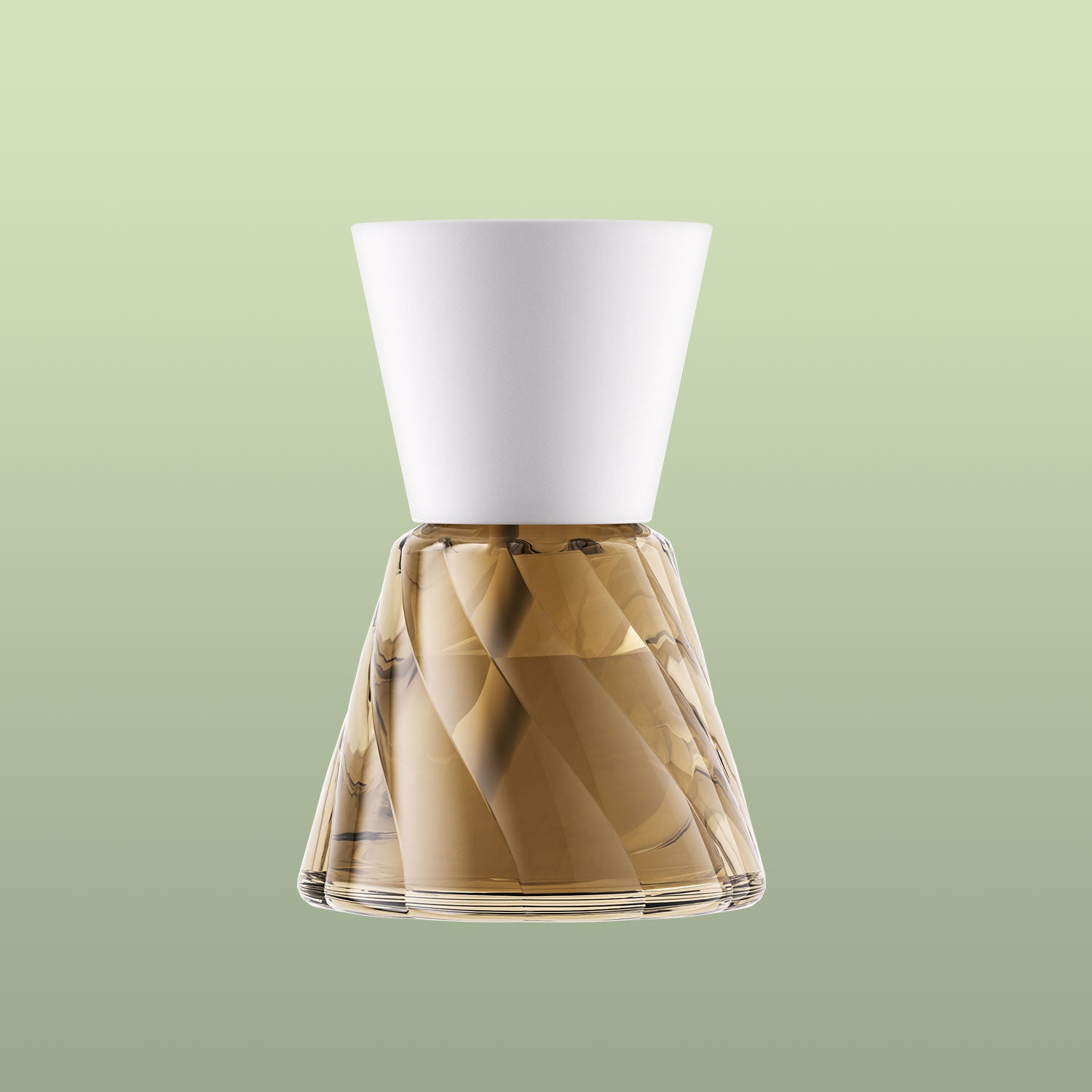


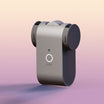

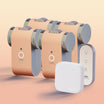
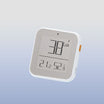




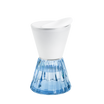



Leave a comment
All comments are moderated before being published.
This site is protected by hCaptcha and the hCaptcha Privacy Policy and Terms of Service apply.